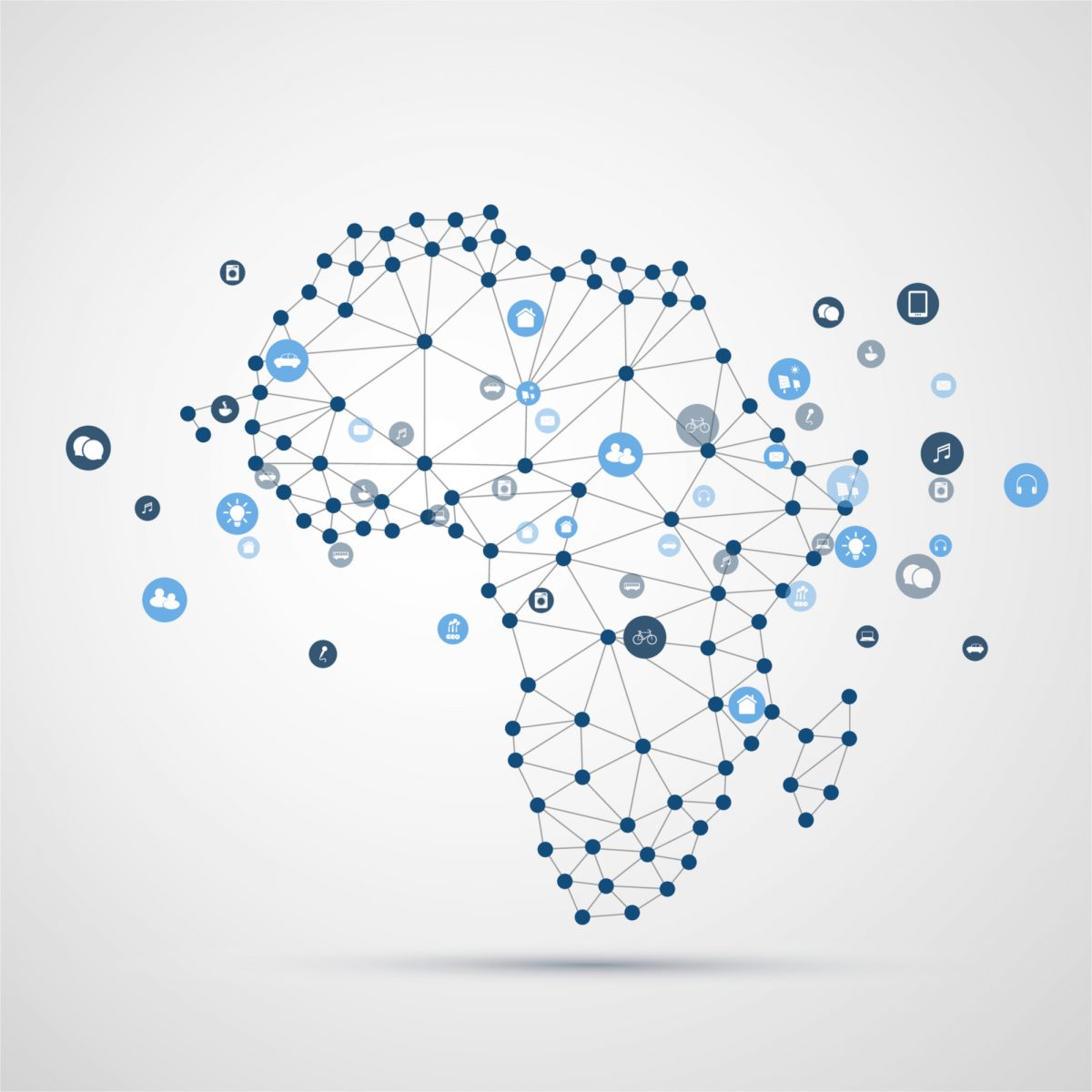Access to climate data for african actors
The Climate Chance Observatory and its partners are leading a reflection on access to climate and energy data by local African actors, a major challenge for improving projects, their funding, better meeting local needs, and ultimately, enhancing the strategies of African States by integrating the action of their actors.

Context
Sub-Saharan Africa represents only 2.3% of the global GHG emissions, whilst energy demand is growing across the region access to electricity remains low, at 32% (16% rural, 59% urban). The predominant energy source remains traditional biomass, with 730 million people relying on this source for cooking. In general incomes are low, prevalence of slums is high and infrastructure is inadequate all resulting in climate change not always being a priority. This makes climate-related data collection essential in the region not only for GHG emissions monitoring and their relationship to development, but above all as a tool to (1) improve local and national government policies, (2) provide adaptive capacity, (3) address access to clean, sustainable and affordable energy and (4) identify relevant opportunities for public and private cooperation and investments with the aim to improving the quality and welfare of citizens while limiting the carbon intensity.
The issue of data’s robustness thus arises across data’s value chain:
- Collection: issues of the governance frameworks, measurement and poor reporting (and related control systems), the weak availability of data at local level, and lack of infrastructure;
- Analysis: issues of skills of national and local civil servants, existence of specific analysis frameworks to each country (non-standardized) and carbon base;
- Use: issues of tools for decision-making by the actors: lack of platform / dedicated information sites, low sensitivity of the actors, etc.
Proposal of Climate Chance and its partners
In 2018 in Abidjan, Climate Chance Observatory organized a 1st session opened by the Centre Régional de Collaboration de Lomé, to identify the main issue at stake related to climate data in Africa such as: the fluctuant access and availability of quantitative data among sectors, countries or territories, the reluctance of national governments to share data with local actors, the representation of civil society organizations (CSO) into local and national climate planning that still need to be improved, etc.
In 2019 in Accra, a second focus deepened the discussions to reach a common understanding of current barriers for data collection at the sectoral, local, and national levels and identifying cooperation tools and experiences that could be shared and replicated.
In 2020, we conduct a series of 3 workshops dedicated to the issue of access to data, as part of the Climate Chance Virtual Workshops which brings together the Climate Chance thematic coalitions every Thursday:
- Access to adaptation data
- Access to activity and energy data
- Emissions factors and calculation methods
The common objectives of these 3 workshops are :
- Identify African initiatives contributing to improving access to climate data and their governance for local actors;
- Exploring concrete leads for a collective work and a space for collaboration ;
- Capturing key learnings and principles to formulate a common position among committed actors.





